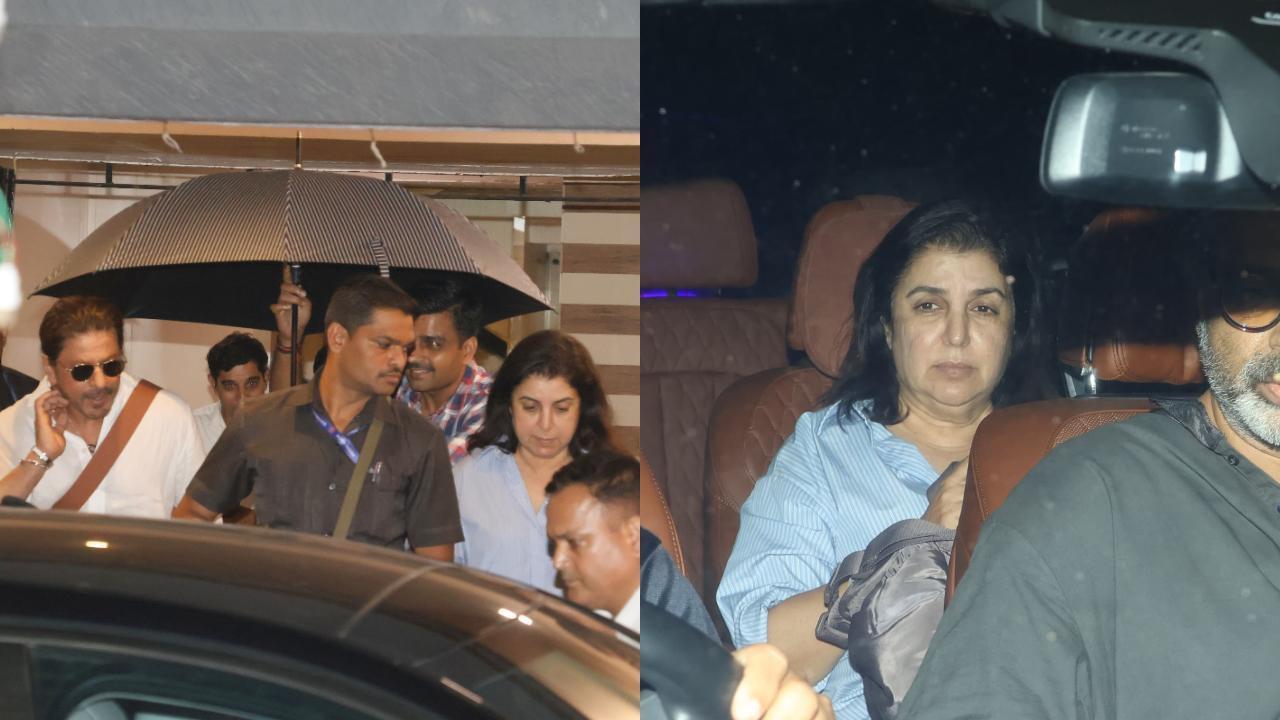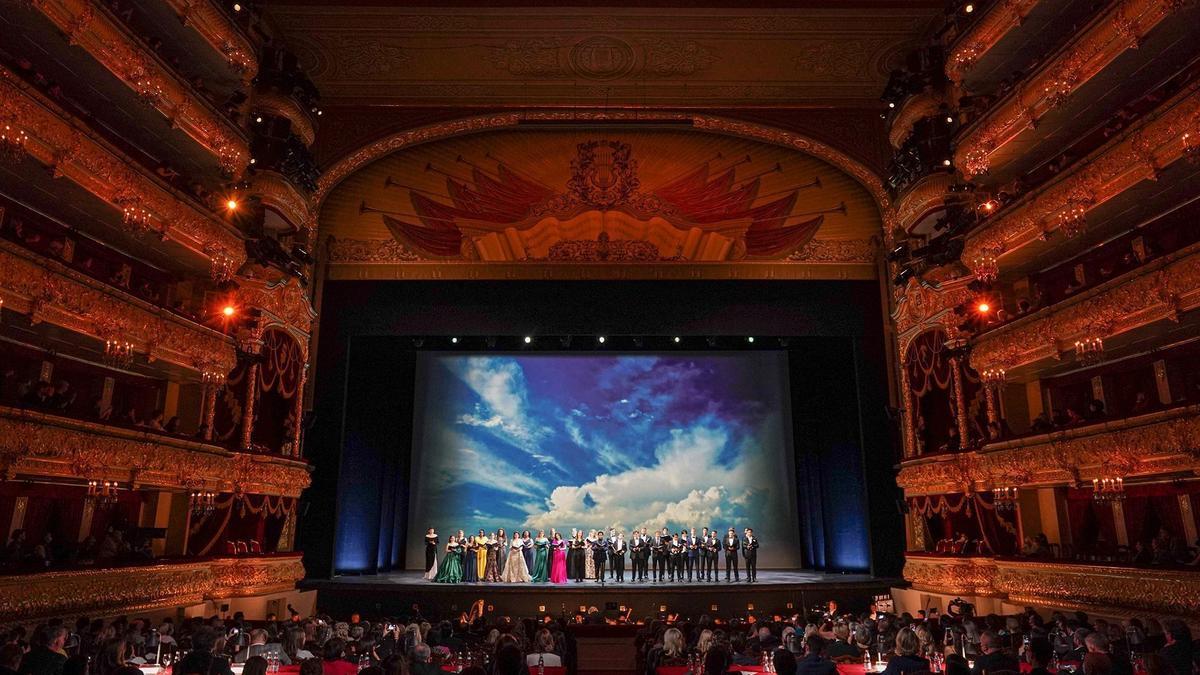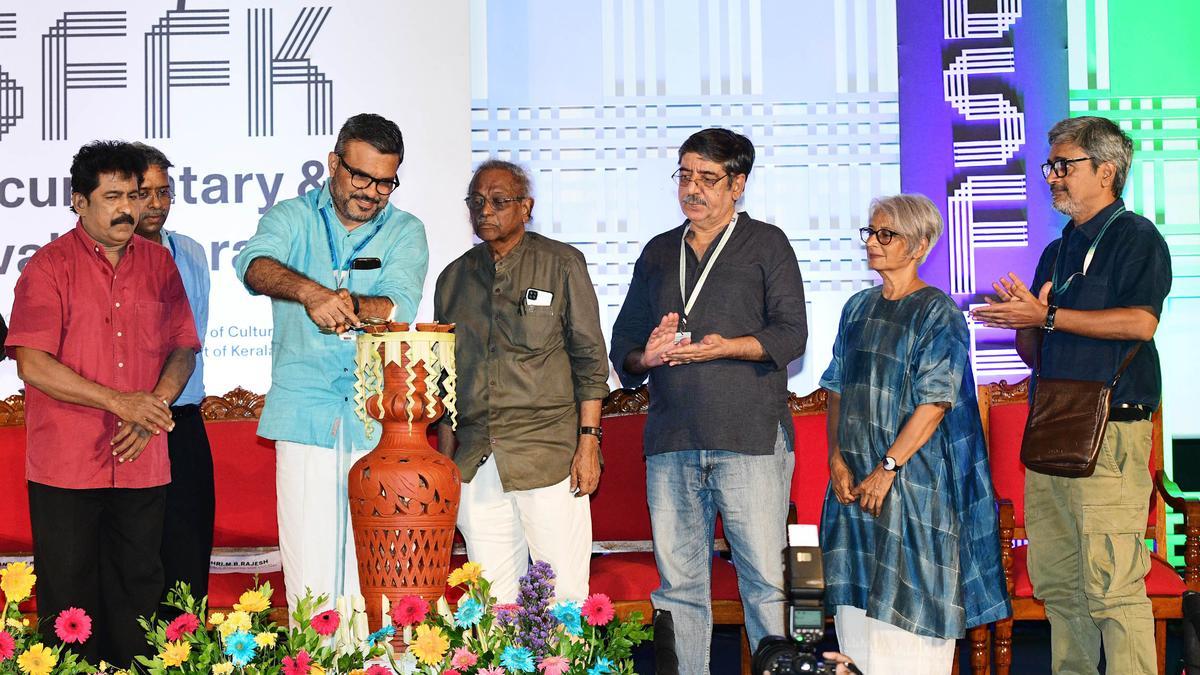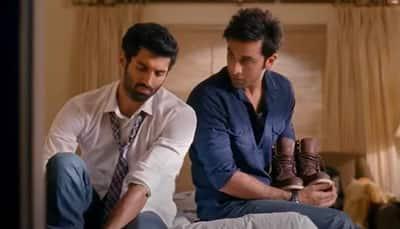
As the curtains rise for the grand finale of the 68th Eurovision Song Contest, the city of Malmo is alight with the shimmer of sequins and the fervor of protests. This year’s event, characterized by a blend of extravagant performances and intense political discourse, finds itself at the heart of a cultural and political maelstrom. Emerging favorites, such as Croatia and Switzerland, vie for the coveted trophy, while Israel remains ensnared in contentious debates and calls for boycotts.
Merely hours before what is likely to be a tension-filled conclusion to the competition, Dutch contestant Joost Klein faced an abrupt disqualification. Following a failure to take the stage for two critical dress rehearsals on Friday, Klein was ousted from the contest by the European Broadcasting Union (EBU) amidst allegations of an undisclosed “incident” involving a production crew member. Despite speculation, officials emphasized that the matter was strictly separate from any other performing delegation, including that of Israel.
As journalists congregate, waiting for insights about the ousted competitor, the EBU has deferred to the Swedish authorities, asserting that it is improper for Klein to partake in the finals while legal matters unfold. Triggered by these developments, rumors and tensions surge ahead of an event that promotes the mantra “united by music.”
However, political undertones are inescapable. Actions by Palestinian supporters and activists amplify the cries against Israel’s participation due to its military actions. The backdrop of the seven-month war has spurred calls for a boycott of Israel and a demand for a cease-fire. From the demonstrations in Malmo, home to a prominent Muslim community, to the storming of Finnish broadcaster YLE’s headquarters, the clamor for action against Israel’s presence resonates.
Stepping away from the protests and into Malmo Arena, the stage is set for 25 acts, handpicked from 37 entries through semi-final showdowns, ready to charm a global audience with three-minute musical entries. The contest, despite its polarizing reception and a reputation for fostering a culture of camp and kitsch, unites an estimated 180 million viewers worldwide in a shared experience of pop passion.
Dean Vuletic, a historian specializing in the contest, highlights the paradoxical union and discord, noting the event’s unmatched ability to bring Europeans together. The current contest, featuring song topics that range from feminism to European integration and gender identity, attests to its role as a platform for both pop entertainment and social commentary.
Eschewing overt political content, a stipulation of the Eurovision contest, remains a challenge, as seen in the controversial directive toward Israel to alter its entry title. Nevertheless, Israeli presence remains strong, with singer Eden Golan reaching new heights in the competition amidst adverse reactions.
The daunting reality of global tensions weighs heavily on the shoulders of the performers. Faced with an onslaught of social media vitriol and bound by the rules of the competition, they navigate the treacherous waters of public opinion. In a poignant moment, Italy’s Angelina Mango responds to the strife with an impromptu performance of “Imagine,” resonating Lennon’s call for peace.
Eurovision’s reigning champion, Swedish singer Loreen, champions the cause for love amidst the discord, reflecting on the collective trauma the world endures. Advocating for a community built on love rather than division, she echoes the underlying ethos of Eurovision.
As the grand spectacle unfolds, the contest serves as a microcosm of a world grappling with entertainment and escapism against a backdrop of profound societal challenges. The Eurovision finale is set to proceed even as the boundary between cultural celebration and political expression becomes ever more blurred.










